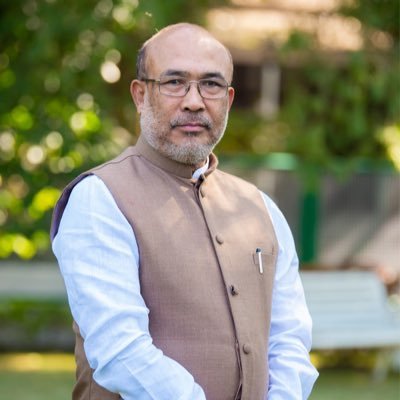Challenges to Secularism in India
Secularism in India implies that the country has no state religion and the government should maintain a neutral stance toward all religions. This ideology is enshrined in the Constitution and is a fundamental value of Indian society. However, there are several challenges that India faces to continue to uphold secularism.
Challenges to Secularism in India
The following are some of the primary challenges that secularism faces in India:
Misuse of Secularism for Electoral Benefits
One of the most significant challenges to secularism in India is the exploitation of this ideology for political purposes. During election times, political parties often play the religion card to sway voters. They create a rift between different religious communities, which threatens to undermine secularism in India. The 2024 general elections are expected to be no different, and the word “secularism” is likely to be used, misused, and abused.
Growing Communal Tensions
Communal tensions have always been a significant threat to secularism in India. In recent years, there have been several instances of communal violence that have led to the loss of lives and property. These incidents are often sparked by minor incidents and snowball into large-scale riots, which can be challenging to control.
Rise of Religious Extremism
The rise of religious extremism is another significant challenge to secularism in India. Radical groups tend to polarize society and promote a particular ideology, which can be detrimental to secularism. The growth of extremist organizations, such as the Bajrang Dal and the VHP, is a matter of concern for the Indian government and society.
Lack of Political Will
Finally, a lack of political will to uphold secularism is another challenge. Some political parties tend to give in to the demands of certain religious groups to secure their votes. This compromise can lead to a loss of credibility and undermine secularism in India.
Secularism is an essential principle for Indian society and is enshrined in the Constitution. However, several challenges, such as the misuse of secularism for political gains, communal tensions, the rise of religious extremism, and the lack of political will, threaten to undermine it. To continue to uphold secularism, India needs to address these challenges and promote an inclusive society that respects all religions.



